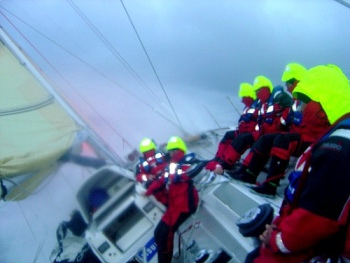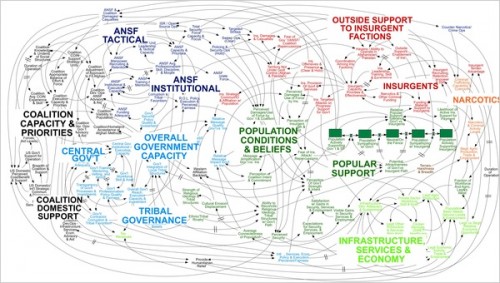During the Industrial Age, Publishers enjoyed a fantastic position as being the only one to be able to spread the information. Newspapers in particular, were the only way for companies to advertise until the invention of other broadcasting techniques such as radio and TV.
 In the post “Content marketing is our next big revenue threat — unless we embrace it now“, Kylie Davis provides an excellent summary of the issue that publishers face today, in the particular example of newspaper publishing (however this would apply to all other broadcasting media).
In the post “Content marketing is our next big revenue threat — unless we embrace it now“, Kylie Davis provides an excellent summary of the issue that publishers face today, in the particular example of newspaper publishing (however this would apply to all other broadcasting media).
In summary, those organizations that were using publishers as intermediaries are now broadcasting directly their message to the world. No need of a publisher any more! Why would you continue to believe that only publishers can get you access to some kind of captive audience that you would not be able to reach otherwise? You can, today, make your information available on the internet in a format you can better control, using all different kinds of techniques from written ads to videos.
This is what is called ‘content marketing’. Kylie’s position in her post that it is possible to make the published content evolve to make it better suited to the advertiser’s needs can be discussed – in any case it shows that the publishers cannot any more decide what’s worthy or not as when they enjoyed this fantastic monopolistic position of being the only ones able to spread information to the world.
As we move through the Fourth Revolution, organizations and individuals will increasingly publish themselves or through content aggregators. Publishers will become extinct as a profession. It is ineluctable.











